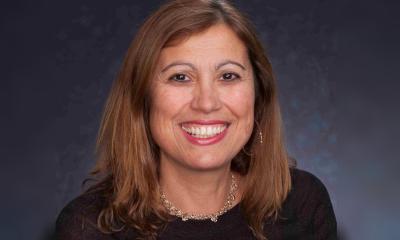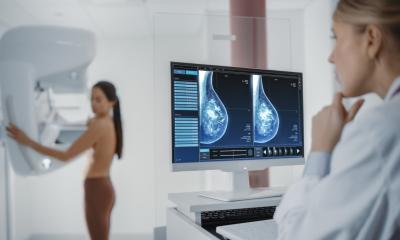Weighing up the way to go
Report: Christian Pruszinsky
Austria is the only 'old' EU Member State that has not implemented a national breast cancer screening programme.
That, plus an increasing public debate surrounding hormone replacement therapy (HRT), prompted the country’s Health Minister to commission a study, from the Federal Institute of Health (ÖBIG), to examine parameters for such a programme. This set in motion a pilot project, based in Vienna and Vorarlberg, that offered mammographic screening to 70,000 women aged 50-69. A second research programme targets women with genetic breast cancer risk, and a third examines women on HRT over a long period of time.
4,500 Austrian women are diagnosed with breast cancer annually, and about 1,600 women die of it. A systematic screening programme is expected to reduce the mortality rate by a third. By comparison, in the EU-15: 220,000 breast cancer diagnoses and 75,000 deaths from breast cancer, means 25,000 women could be saved through screening. Both the EU Commission and the WHO expect, based on research findings in Sweden and Finland, a reduction of the mortality rate by 30%, if all member States implement a high-performance screening system that includes second diagnosis and follow-up examinations when necessary.
The authors of the ÖBIG report, Mammographic Screening Austria, conclude that a widespread national early detection programme could save the lives of 500 women annually, but they also point out that the Austrian health system currently lacks basic preconditions for a quality-based screening programme that complies to EU guidelines such as training, technical and equipment-related quality assurance or a breast cancer register. The maximum costs of such a programme, not taking into account synergy effects on space, equipment and personnel resources, are estimated at about 22 million euros per annum.
Details: www.oebig.at
01.07.2004











